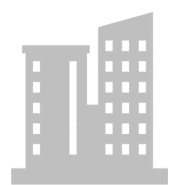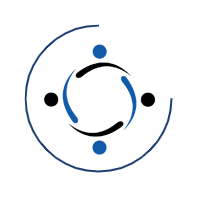Research, design, develop, build, and test mechanical and thermal sensors and devices, including tools, engines, and machines
Perform a full lifecycle product development (design, develop, test prototypes, manufacture and implement)
Problem Solving. A portion of every mechanical engineer's day involves solving client problems.
Creativity. Mechanical engineers often develop and design products.
Assessing project requirements.
Analyze complex design problems requiring the development of new or improved techniques or procedures
Measuring the performance of mechanical components, devices and engines.
Agreeing budgets, timescales and specifications with clients and managers.
Maintaining and modifying equipment to ensure that it is safe, reliable and efficient.
Measuring the performance of mechanical components, devices and engines.
Agreeing on budgets, timescales and specifications with clients and managers.
Maintaining and modifying equipment to ensure that it is safe, reliable and efficient. using computer-aided design/modeling software
Research and development of products.
Assembly and/or disassembly of parts, components, sub-assemblies and final assemblies throughout the product life cycle
Researching and implementing procedures to improve the production process.
Designing and implementing equipment modifications.
Build a detailed design for projects using both standard products and client-specific requirements
Clear communication abilities
Assist proposal team with review of customer specifications, the suggestion of existing and new technical solutions
Responsible for the design integrity of projects and products
Design systems and components that meet needs and requirements.
Produce outline designs.
Conduct experiments methodically, analyze data and interpret results.
Test and evaluate theoretical designs.

 Gmail
Gmail
 Gmail
Gmail


































